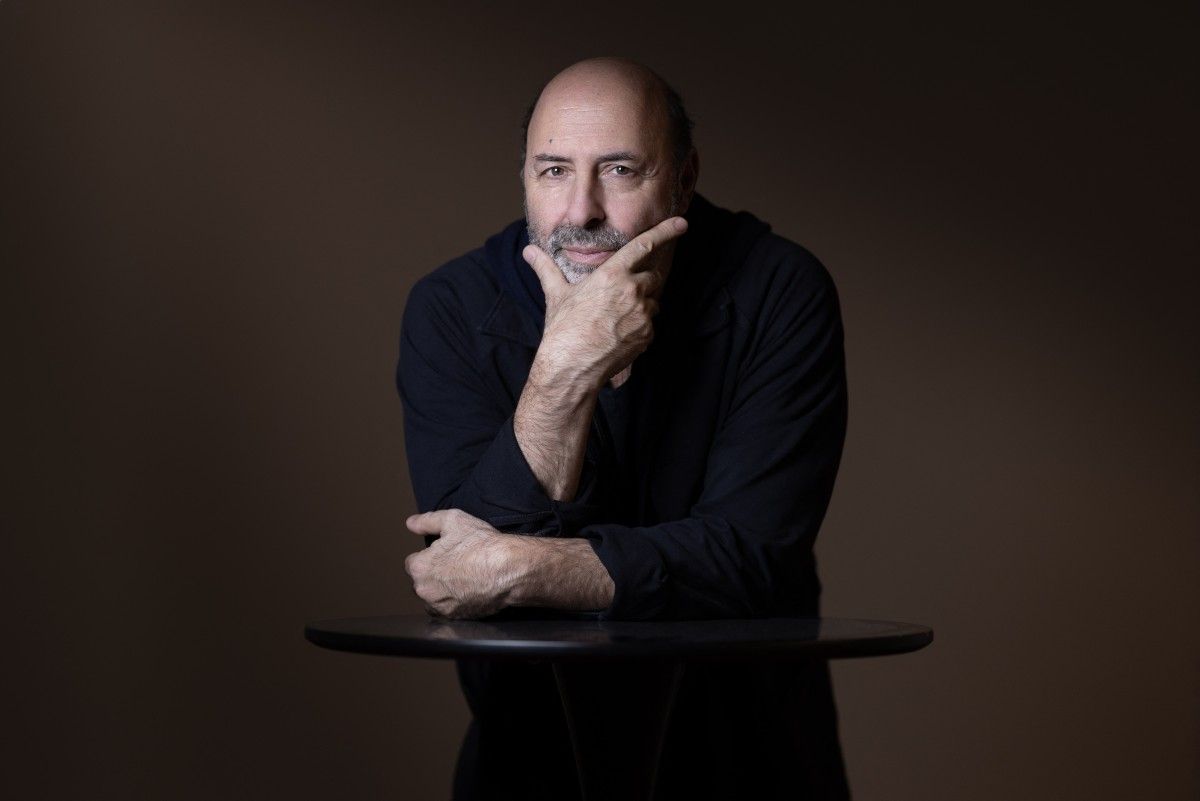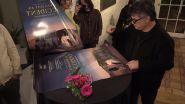
French director Cédric Klapisch, a favorite among audiences for decades, is finally being honored at the Cannes Film Festival with La Venue de l’avenir. A long-overdue recognition for a popular filmmaker long kept on the sidelines.
From Le Péril jeune to L’Auberge espagnole, every generation has its Klapisch. Yet despite drawing over 17 million viewers to theaters, the French director had never been invited to Cannes—until now. At 63, that’s finally changing at the 78th edition of the Festival.
His new film, La Venue de l’avenir, will be screened out of competition on Thursday, May 22. It will also be released in French theaters that same day.
As always with Klapisch, known for his ensemble approach, the cast is wide-ranging: Suzanne Lindon, Vincent Macaigne, longtime collaborator Zinedine Soualem, Paul Kircher, Sara Giraudeau, Cécile de France, François Berléand, Olivier Gourmet, and singer Claire Pommet (aka Pomme).
“This came late, so there’s even more joy in it—I’ve waited a long time!” Klapisch told AFP. “It’s going to be great. I wasn’t allowed in for so long... I think I’m really going to enjoy this!”
“A Rich Man’s Problem”
Klapisch is part of a rare club of French filmmakers who consistently draw large audiences, with seven of his films surpassing one million tickets sold—Un air de famille (1996), L’Auberge espagnole (2002), Les Poupées russes (2005), and more recently En Corps (2022), among them.
Still, he never quite fit into the auteur cinema mold that tends to unlock Cannes’ golden gates.
It’s something he has occasionally regretted, especially since Ce qui nous lie (2017).
His biggest hit, L’Auberge espagnole, starring Romain Duris, was shown to the Cannes selectors: “They didn’t take it, but I wasn’t really expecting to be picked at that time. With later films, I did think, ‘That’s a shame,’” he admits.
“But I can’t complain,” he adds. “I know that being popular—being seen as not quite serious, not a ‘real’ auteur with a grand name because you make box office hits—is a rich man’s problem.”
And in the end, you don’t need to be in the official selection to enjoy Cannes, as his friend and co-writer Santiago Amigorena recounts in Le Festival de Cannes ou Le Temps perdu (POL), a new book full of stories about their wild escapades on the Croisette.
“We’re Going to Party”
“The first time I went to Cannes was in 1985,” Klapisch recalls. “That’s 40 years ago… I must’ve been there 30 to 35 times. Incredible memories—screenings, encounters, and definitely parties!”
“It was actually more fun when we weren’t invited to the parties and had to sneak in... Now we’re invited everywhere, and it’s a bit less thrilling. But this year—we’re partying,” he laughs.
His latest film blends present and past. It tells the story of a group of strangers who discover they’ve inherited a large, long-abandoned house from a shared ancestor.
That sparks a journey back in time to the early 1900s—when photography and cinema were just emerging.
“I wanted to surprise myself! This is my 15th film, so there’s both a desire for continuity and a need to evolve, to modernize what I’ve done,” he says.
“I’ve always loved the early 20th century—it fascinates me, maybe even haunts me a bit. And I wanted to see what it would be like to make a period piece, with authentic costumes and all.”
With AFP



Comments